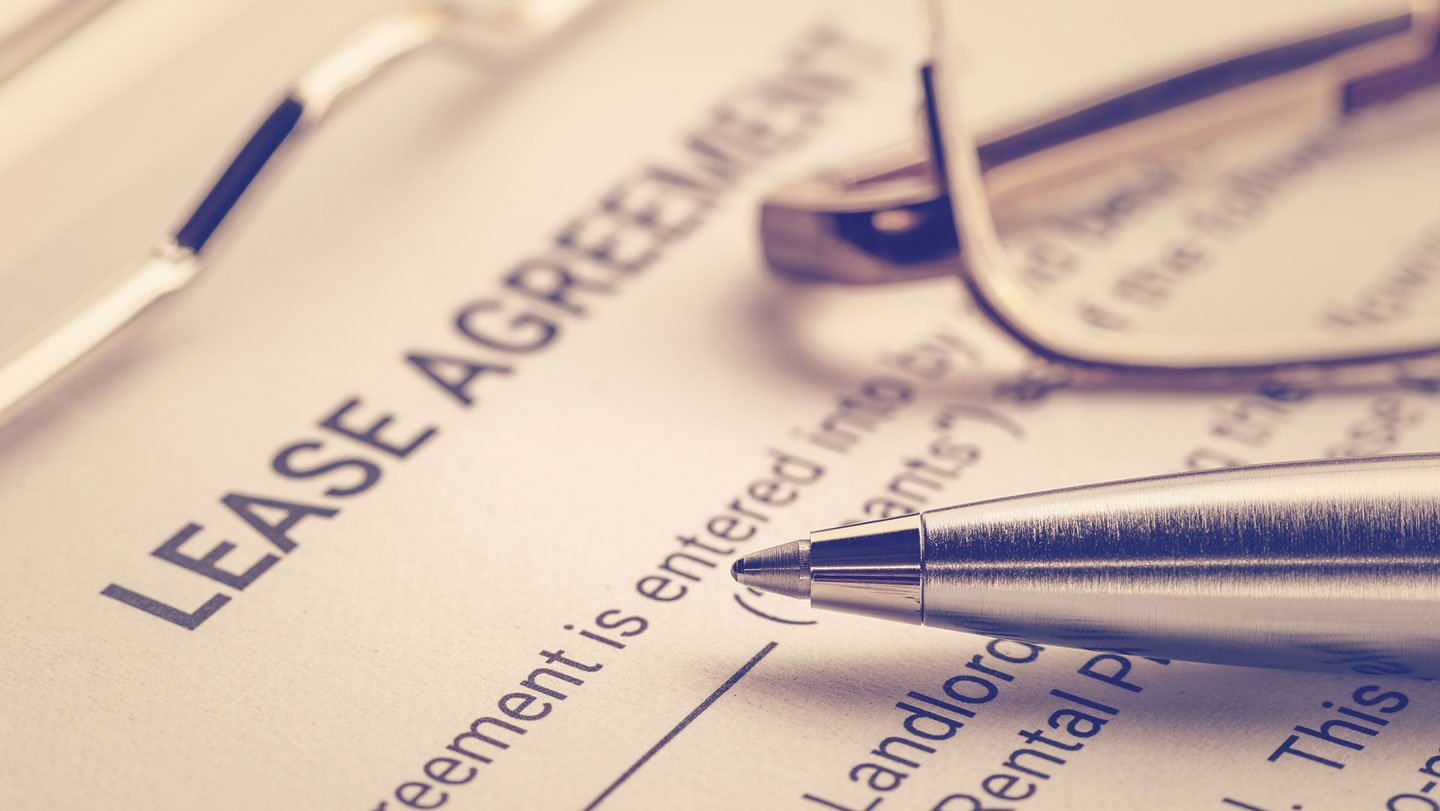
Eliminating Hidden Liabilities in Real Estate Lease Agreements
Leases need a comprehensive and modern insurance section.
In the competitive property insurance market, every dollar counts, so owners and managers need to know if the terms of their leases are compatible with their insurance coverage.
It’s common for property owners to first get insurance and then proceed with the lease. However, it’s best to reverse the process. Begin with the lease and ensure that the necessary insurance provisions are established in it. This includes coverages for both the tenant and the landlord; premiums for shared spaces; subrogation between the tenant, landlord and insurers; and limits and deductibles, as well as required coverages for risks.
Six Must-Haves
Failing to establish a comprehensive insurance section in a lease creates a range of problematic issues. Here is how you can avoid the biggest ones:
- Be clear on what you expect to be reimbursed for, or what you expect the tenant to pay for. If it’s not in the lease, you can’t assume anything.
- Use modern, updated language. If it sounds old, the entire lease is likely old and may mean the proper coverage is not in place.
- Ensure that you’re not obligated to become a developer or financier. Check the section that outlines what happens in case of property damage and make sure it includes language stating that you won’t be required to rebuild or replace the property if insurance funds aren’t available.
- Severely limit the likelihood of a coverage lapse. Build in a requirement that tenants must show they’ve paid their premiums on time. Or be sure you have landlord liability coverage.
- Make sure your rent abatement clause doesn’t state that you’ll abate the rent if something happens to the property.
- Have a team in place, including an attorney and insurance broker, to stay current with leasing requirements.
Insurance Requirements for the Tenant
Requiring tenants to obtain insurance and including that requirement in the lease are essential to protecting your property. But the language matters too. The often-used term “hazard insurance” is outdated; instead, use “property and liability insurance.” The term “casualty” should be updated to “covered peril” or “liability insurance.” No insurance policy will insure all issues without any exclusions, so beware of the term “all risks” as well. Instead, specify the perils, such as earthquake, flood, wildfire and so on.
Tenants must purchase workers’ compensation insurance, which is required in most states. Consider obtaining an additional policy in case the tenant doesn’t have it, because if there is an accident, you could be sued as the building owner. Another often-forgotten coverage is for tenant improvements, which is necessary if something goes wrong.
Other Items of Note
Some aspects, seemingly minor at the time, can be easily overlooked, such as the following:
- Draft the lease toward local or service-specific standards.
- Negotiate the right to obtain copies of underlying policies.
- Obtain your own independent landlord liability policy and get the tenants to reimburse you for it.
- Remember that unoccupied and vacant properties are totally different. Maintain the management agreement and the property services you had in place before the tenant exited.
- Understand that lease agreements don’t govern the policy terms and conditions. Just because something is in a lease, it won’t automatically flow into the insurance agreement.
- Put loss of rent on your own insurance policy.
- Know what’s at stake with a mutual waiver of subrogation.
Key Risk-Mitigation Strategies
Risk mitigation is critical to reducing premium costs. Here is what underwriters will want to know before giving you a policy.
Property vacancies: Vacant properties have higher rates and restrictions than unoccupied ones do. Mitigate your risk by ensuring your property is unoccupied versus vacant.
Increased cost of construction: Before renewing with a contractor, review the statement of values, because replacement costs and construction are on the rise by as much as 30% in many areas.
Water damage: Most property damage comes from water leaks, so underwriters want to know the details of damage mitigation. Properties with a sound strategy in place will see better terms.
Security plans: Having a security plan, such as guards and cameras, in place will show that property owners are keeping tenants, customers and assets safe.
The insurance market is complex, but if you have the right team supporting you, such as a real estate lawyer and an insurance broker, you can stay current and mitigate as much risk as possible through the language in your leases.
James “Chip” Stuart is the corporate chief sales officer and practice leader for Hub International. Sarah K. Laird is a shareholder at Polsinelli Law Firm.
Use a Tenant ChecklistProperty owners should always know what coverage their tenants have as soon as they move in. Here is what you need to gain from tenant certificates of insurance (COIs):
|
RELATED ARTICLES YOU MAY LIKE

Revitalization and Revenue: Office Conversions as a Way to Rebuild Cities
It’s not a panacea, but reuse can inject life into business districts.
Read More
Facility Managers Must Prepare for an All-Electric Future
Before that, many commercial buildings could benefit from hybrid electrification.
Read More
Developers Can Cash Out Tax Credits for Renewable Improvements
A major change to the tax code could greatly incentivize green construction in commercial real estate.
Read More


